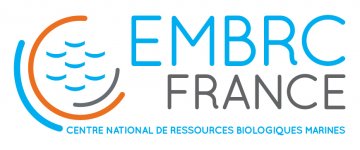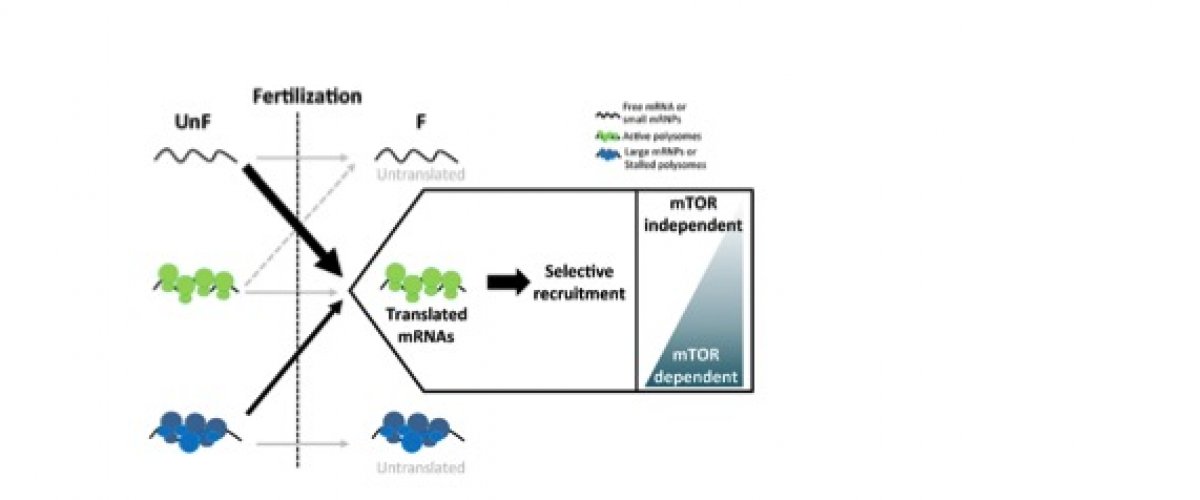NEW PUBLICATION: Translatome analysis at the egg-to-embryo transition
Héloïse Chassé, Julie Aubert, Sandrine Boulben, Gildas Le Corguillé, Erwan Corre,
Patrick Cormier and Julia Morales
Published 18 May 2018 in Nucleic Acids Research, Volume 46, issue 9, p 4607-4621
Abstract
Early embryogenesis relies on the translational regulation of maternally stored mRNAs. In sea urchin, fertilization triggers a dramatic rise in translation activity, necessary for the onset of cell division. Here, the full spectrum of the mRNAs translated upon fertilization was investigated by polysome profiling and sequencing. The translatome of the early sea urchin embryo gave a complete picture of the polysomal recruitment dynamics following fertilization. Our results indicate that only a subset of maternal mRNAs were selectively recruited onto polysomes, with over-represented functional categories in the translated set. The increase in translation upon fertilization depends on the formation of translation initiation complexes following mTOR pathway activation. Surprisingly, mTOR pathway inhibition differentially affected polysomal recruitment of the newly translated mRNAs, which thus appeared either mTOR-dependent or mTOR-independent. Therefore, our data argue for an alternative to the classical cap-dependent model of translation in early development. The identification of the mRNAs translated following fertilization helped assign translational activation events to specific mRNAs. This translatome is the first step to a comprehensive analysis of the molecular mechanisms governing translation upon fertilization and the translational regulatory networks that control the egg-to-embryo transition as well as the early steps of embryogenesis.








